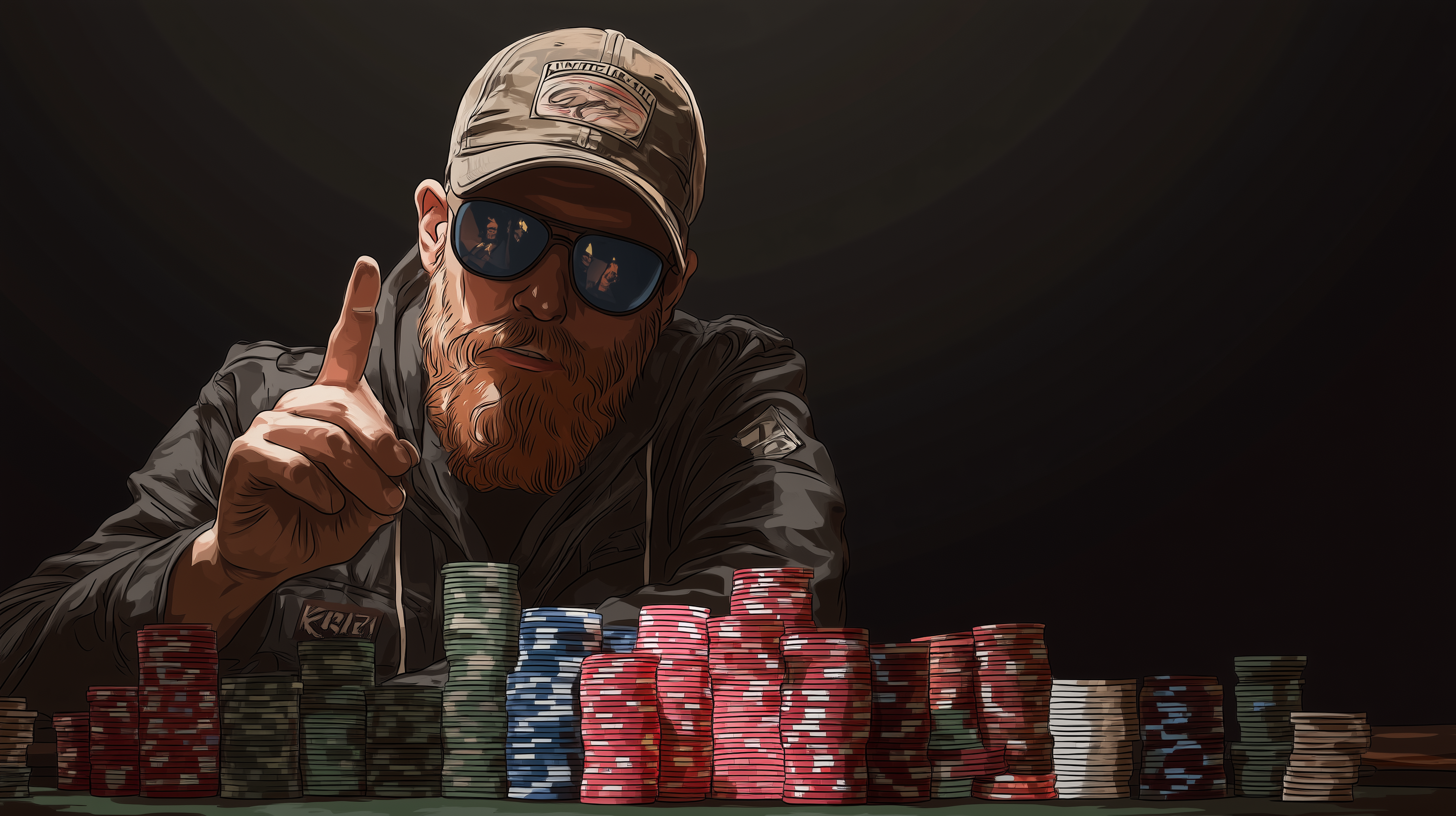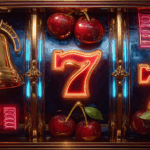The Ultimate Guide to Live Poker and Cash Games: Everything You Need to Know
Live poker remains one of the most thrilling and skill-testing formats of the game. With the rise of online poker over the past couple of decades, many new players are now rediscovering the unique challenges and advantages that come with playing live poker. Whether you’re walking into your first cardroom, curious about playing live poker online, or preparing to face opponents at mid-stakes cash games, this guide will answer all your questions and help you sharpen your edge.
What Is Live Poker?
Live poker refers to any poker game played in person, either in a casino, cardroom, or home game setting, with physical cards, chips, and players. Unlike online poker, live poker involves reading body language, timing tells, and other physical cues. It also typically runs at a much slower pace, which is a critical adjustment for anyone used to fast online play.
Live Poker vs Online Poker
The most significant difference between online and live poker is the number of hands per hour. While online games can average between 60 to 100 hands per table per hour, live poker typically sees around 25 to 35 hands per hour. This means your edge manifests more slowly, and patience becomes a much more important part of the game.
Players often ask, why is live poker so much easier? The answer lies in the player pool. Live cash games are usually filled with recreational players, tourists, or people playing for entertainment rather than profit. This creates a softer environment compared to online games, where grinders and pros are more common, especially at higher stakes.
When comparing online vs live poker, you should also consider how different the player behavior is. Live poker players tend to be looser and more passive, which opens up opportunities for strong value betting and exploiting overly cautious opponents.
How Many Hands Per Hour in Live Poker?
Live poker hands per hour vary depending on the number of players and the efficiency of the dealer. In a full-ring cash game, expect anywhere from 25 to 35 hands per hour. Shorthanded tables may get closer to 40 hands per hour if the action flows smoothly. Many players new to live games are surprised by how slow this feels compared to the pace of online play.
How to Start Playing Live Poker
Starting in live poker begins with understanding the structure of a cash game. You’ll need to buy in for a certain number of chips and sit down at a table with posted blinds. If you’re wondering how to start playing live poker, it’s best to begin at lower-stakes games to get used to the live atmosphere and nuances.
Many players also want to know how to check live poker in their area. A quick search like live poker near me or checking casino websites and poker forums will help you find nearby games. In the UK, for example, live poker tournaments and cash games are available in cities like London and Manchester. Although our focus here is cash games, knowing where the action is helps, especially if you’re looking for live poker UK or UK live poker rooms.
How to Be Good at Live Poker
Being good at live poker requires a different skill set than online. Reading opponents is crucial. This doesn’t mean having to spot “Hollywood” tells, but rather paying attention to patterns—how often someone limps, how quickly they act, or whether they seem uncomfortable in certain spots.
Another common question is how to practise live poker. Unlike online where you can play many hands quickly, live poker practice takes time. Start with low-stakes games, study live hand reviews, and focus on observation skills. Take notes, even mentally, and assess live poker player mid-stakes ranges based on their tendencies.
How to Play Good Live Poker
Good live poker strategy is built around patience, discipline, and adaptability. Because the pace is slow, it’s tempting to play too many hands. Resist that urge. Focus on strong starting hand selection, position, and adjusting to opponents’ weaknesses.
One essential element is understanding what does pushing chips mean in live poker. Unlike online, you physically slide chips into the pot to bet. Knowing proper etiquette—how to stack chips, call, raise, or go all-in—is important, especially to avoid string bets or rule violations.
How Many Buy-Ins for Live Poker?
When starting out in cash games, it’s smart to bring at least 20 to 30 buy-ins for the stakes you’re playing. For example, if you’re playing £1/£2 games, having £4,000–£6,000 as a bankroll gives you enough buffer to handle variance. Many players underestimate how swingy live poker can be, especially at mid-stakes.
How to Win at Live Poker
Winning in live cash games involves exploiting passive players, value betting thinly, and avoiding fancy bluffs. Players want to know how to win live poker, and the key is to simplify your strategy, stick to value-heavy hands, and punish loose-passive opponents.
If you’re serious about improving, learn how to become a live poker pro by building discipline, studying strategy off the table, and keeping detailed records. The best live pros understand that long-term success comes from consistency, not flashy plays.
How to Enter a Live Poker Game
To enter a live poker game, especially a cash game, go to the poker room’s front desk and ask to be added to the list for your desired stakes. Whether it’s a big brand like Unibet live poker or a local cardroom, the process is usually straightforward. If you’re looking to play live poker online in real money formats with a live dealer (e.g., on platforms like PokerStars or Unibet), the experience mimics live settings with real-time action.
Online Live Poker for Real Money
Online live poker real money games are a hybrid format where a live dealer runs the game while players interact via their screens. These platforms combine elements of online and live poker, giving players the feel of live poker games with the convenience of playing from home. Many providers, including Unibet, now offer live poker online to cater to players who want the best of both worlds.
When Will Live Poker Resume?
Although the pandemic disrupted many live poker rooms, the vast majority have resumed operations. If you’re wondering when live poker will resume in your region, check the latest updates on local casino websites or forums. Searches like live poker updates or live poker news can keep you informed about reopening schedules, new room rules, and events.
How to Play Live Poker on PokerStars
While PokerStars is traditionally an online platform, it now offers some live dealer options and hosts live events globally. If you’re curious about how to play live poker on PokerStars, check their “Live” section for qualifying events or try their interactive dealer games under the real money tab.
Sustainable Live Poker Win Rates
Many ask what is a sustainable poker live win rest—or more accurately, win rate. A solid win rate in live cash games is between 5 and 10 big blinds per hour at lower stakes. At mid-stakes, even 3 to 5 big blinds per hour is excellent. This depends heavily on the player pool, game type, and how sharp your game is. Volume is lower in live play, so maintaining a steady edge is critical.
Strip Poker and Other Questions
Occasionally, unusual questions come up, like how does strip poker night work is it live? While fun, strip poker is generally informal and not part of serious cash games. For most players looking to make consistent profit, focusing on structured live poker games is the better route.
Woodbine and Local Games
Players in Ontario often ask, when is Woodbine getting live Hold’em poker? As of recent updates, Woodbine Casino has been expanding its live poker offerings, so it’s worth checking their official website or calling ahead for game availability.
Live poker remains one of the most profitable and enjoyable forms of the game, especially for disciplined players who understand the nuances of cash games. Whether you’re figuring out how to start, how to win, or how to be good at live poker, the journey is as rewarding as the destination. Remember to stay patient, observe your opponents, and play fundamentally sound poker.
The skills you develop in live poker translate into other formats, but there’s nothing quite like the feeling of pushing chips into a pot, reading a player across the table, and walking away from the felt with profit in hand.

